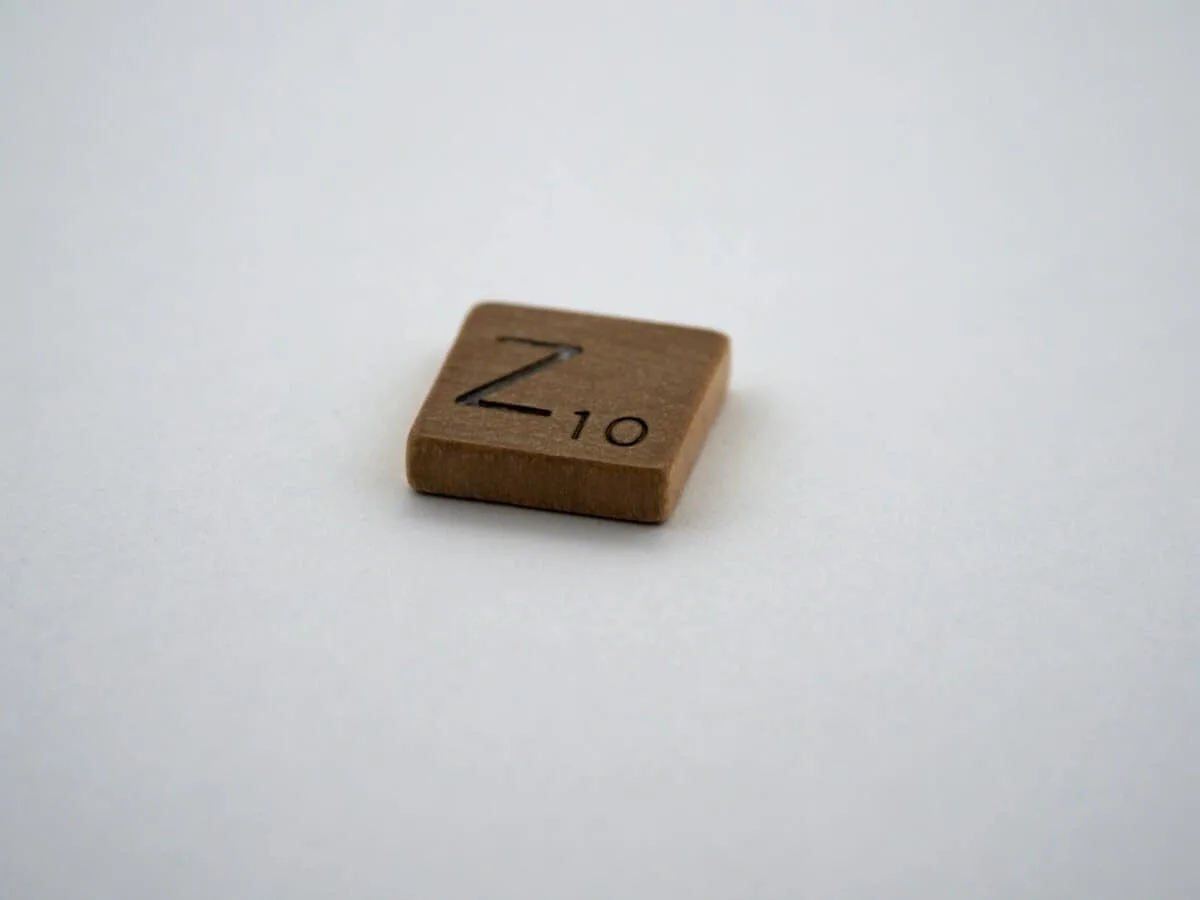Imagine you are a high-school student again — your report card has just arrived. Next, you’ll hear the inevitable lecture about how you’ll need to be more focused in your studies…or is it on your studies? This confusion probably explains your B in English. “Focus on” is correct when “focus” is a verb, usually related …
Tahira Hanif
Imagine that you look up at the sky, the pink and golds of the sunset fading away while deep blues emerge from the edges of the horizon. The day ends, and a hush seems to fall over the world — is it “nighttime”, or should it be “night time”? “Nighttime” and “night-time,” the latter a …
Math is one of those love-it-or-hate-it subjects. It is simple for some, but for others, it’s a bottomless pit of despair. Math is not only rife with symbols; it also has many processes — one of which is the backward Z. The backward Z is a mathematical process that allows you to add two fractions …
F. Scott Fitzgerald said, “The test of a first-rate intelligence is the ability to hold two opposed ideas in the mind at the same time and still retain the ability to function.” But how would he feel about two comparative forms both being equally correct? Both “cleverer” and “more clever” are correct. The grammatical rule …
It’s a Friday morning, and you’re ready to begin the weekend when your boss walks in and says, “I need you to ‘imput’ these numbers before Monday.” But if “imput” isn’t a word, does that really count as a request? “Imput” is a commonly misused spelling and pronunciation of the word “input.” “Input” refers to …
You’ve all seen two very similar sounding words: “further” and “farther.” Despite some ideas to the contrary, these are not American versus British spellings. “Further” and “farther” are two different words, despite sounding the same and having close meanings. “Furthest” and “farthest” are both the superlative form of “far.” As irregular adjectives, they describe distance. …






